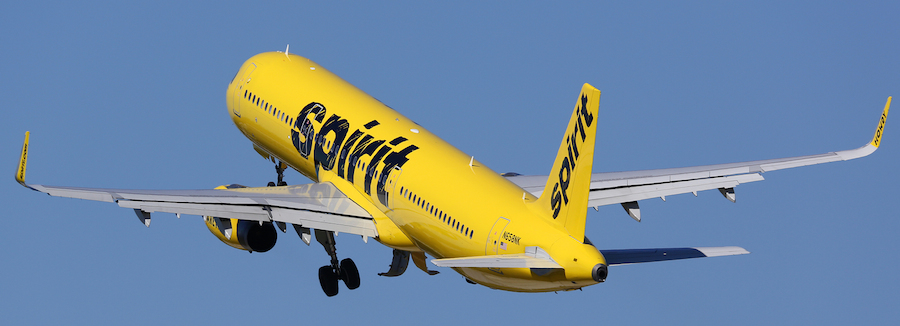It is increasingly clear that the main role of the airline industry is no longer to provide air transportation but to identify ancillary fees that can become profit centers. The inevitable result, some industry observers believe, is that airlines will soon begin charging pilots for cockpit seat selection.
BobCarriesOn is opposed to this possibility.
By tradition, commercial airliners typically have two or three qualified pilots in the cockpit: the captain, who sits in the left-hand seat, the first officer, who sits in the right, and — if one is aboard — the flight engineer, who sits wherever is convenient should a flight attendant need help getting a malfunctioning overhead bin to close.
This seating arrangement is based on seniority, and because it clearly indicates where in the cockpit the most experienced pilot is to be found, it has long served the flying community well. However, fee-based seat selection would mean that any cockpit crewmember could claim the role of captain simply by booking early, and being willing to pay the extra fee.
We believe the safety issues that cockpit fee-based seat selection might raise far outweigh any bottom-line benefit to the airline and should be avoided except in special cases, such as when an airline’s profitability sinks below a level acceptable to its board of directors.
We have listened to the argument of supporters of cockpit seat selection. Which is that with the increasing level of aircraft automation, and the rising cost of aircraft operation, it makes economic sense to charge an ancillary fee for seats whose occupants no longer have any real role other than to act as authority figures until land-side law enforcement can arrive to remove disruptive passengers from a flight.
Our concern, though, is that if cockpit crewmembers are not treated with the respect they feel their seniority and experience have earned them, it will be disruptive pilots that law enforcement is having to remove.


